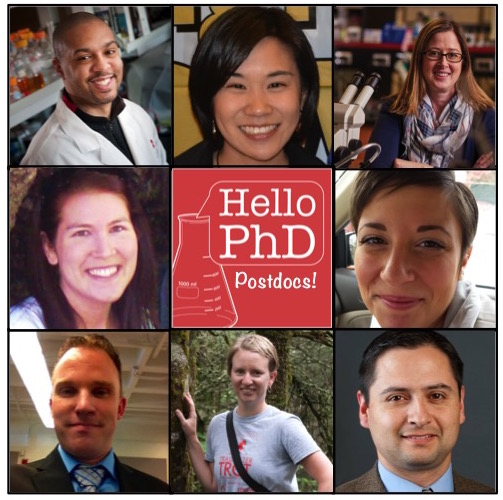Podcast: Play in new window | Download
Subscribe: Spotify | Email | TuneIn | RSS
As you near the end of your graduate school training, you will feel defeated, worn out, and ready to take a nice, peaceful job at that bookstore down the street. But if your career goals include leaving the bookstore and returning to lab, you’re probably considering postdoctoral training. Question is: do you really need to do a postdoc?

To Do, or Not To Do
Fifty years ago, you could finish your PhD and be offered a faculty position, no questions asked. Twenty years ago, you’d get that same faculty position after doing a lengthy postdoc. But the times have changed, and not everyone wants to jump on the tenure track. That means there are some of us who don’t need a postdoc and shouldn’t do one.
There are a few clear cases where a postdoc is an unstated requirement, but there are also times where grad students take a postdoc because they haven’t figured out what they want to do with their degrees. That means you can actually avoid the entire process.
We’ll talk about the different types of jobs you can achieve as a scientist in academics and industry, and whether the postdoc will help you get there. The key is deciding early what you want to do and getting a job BEFORE you graduate.
Pumpkin Spice Latte Lager
We finally break down and sample a Pumpkin Ale from Schlafly Beer in St. Louis, MO. It’s tastily-spiced, but not over the top like some of these brews that made the bottom of the Paste Magazine pumpkin beer taste-test. You’ll see flavor phrases like “road tar,” “licorice,” and “Ipecac.” Yuk!



